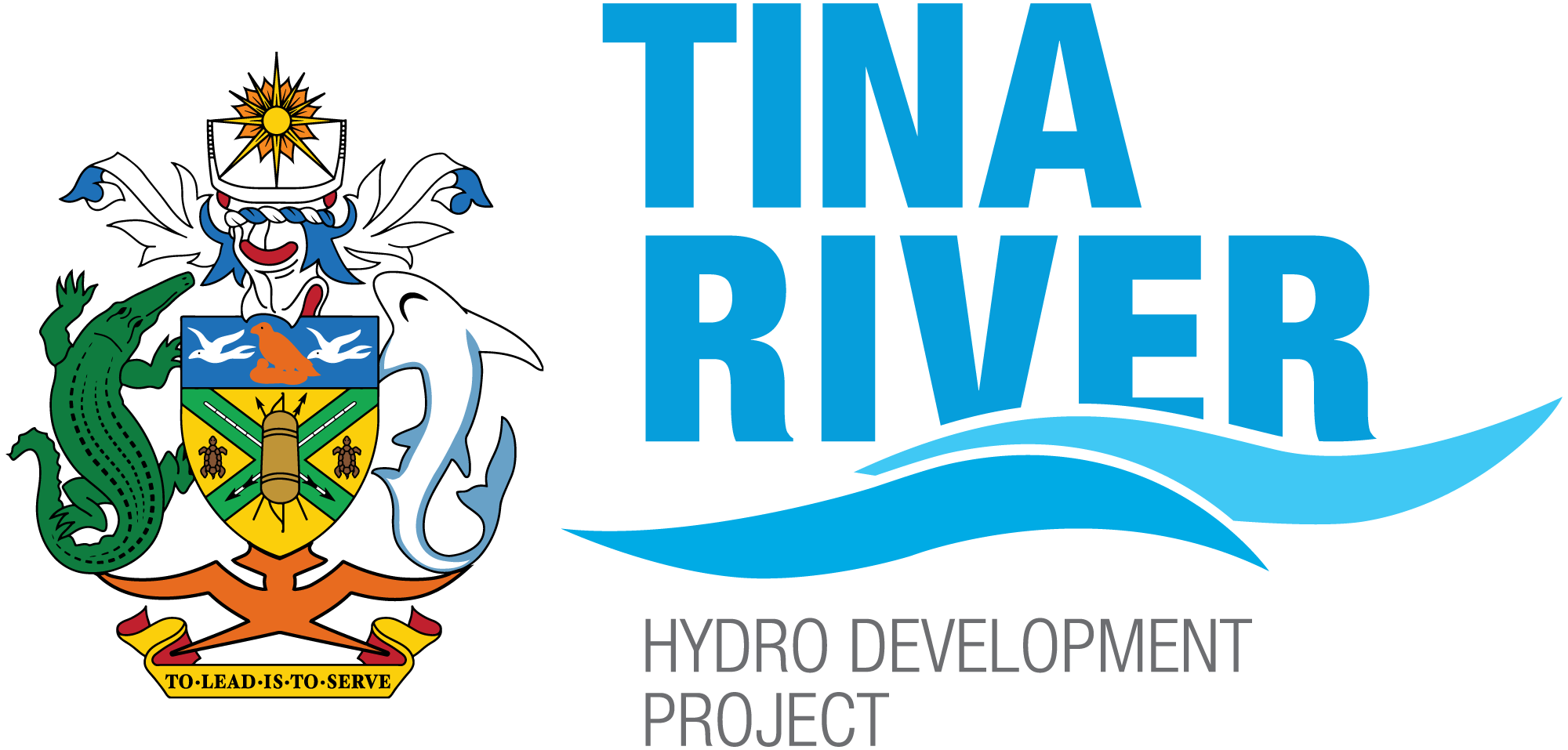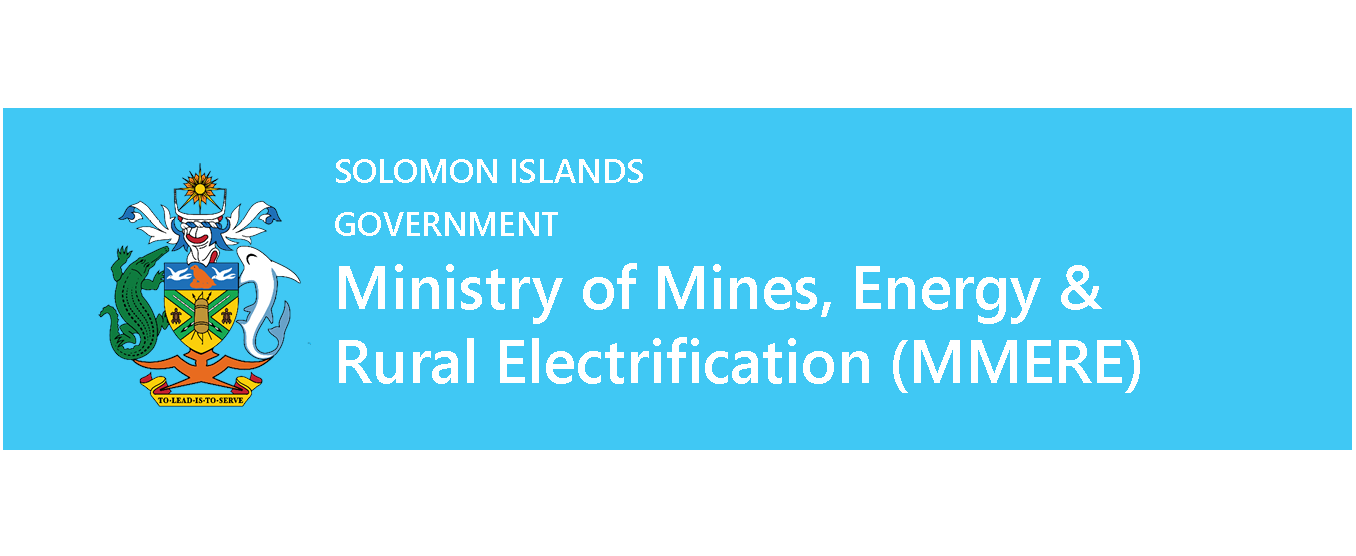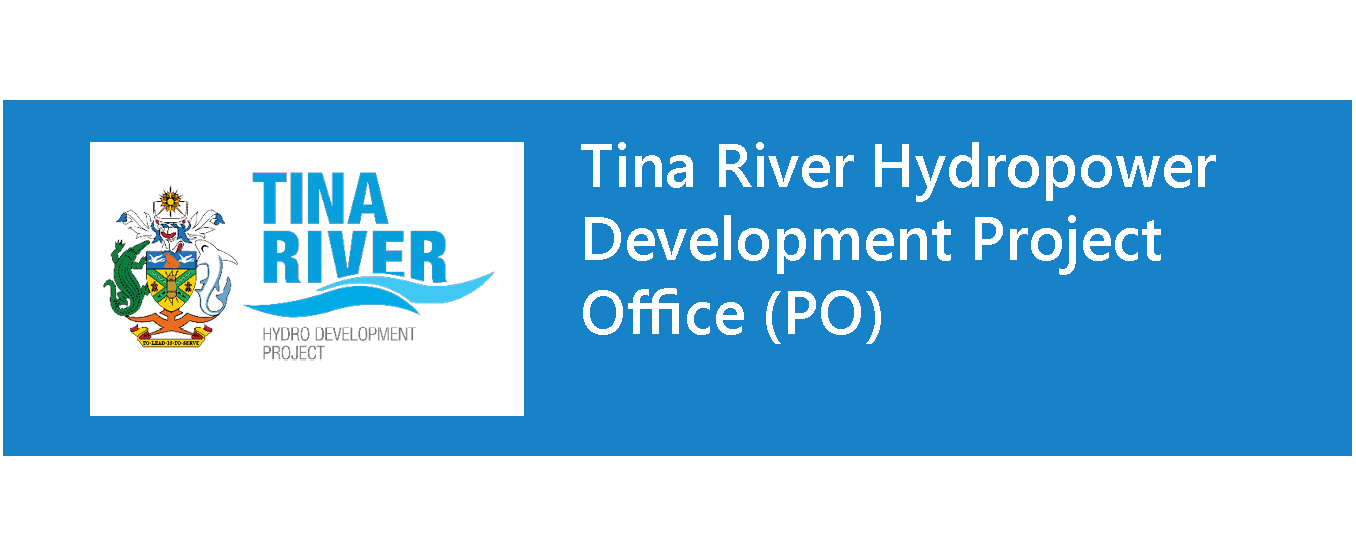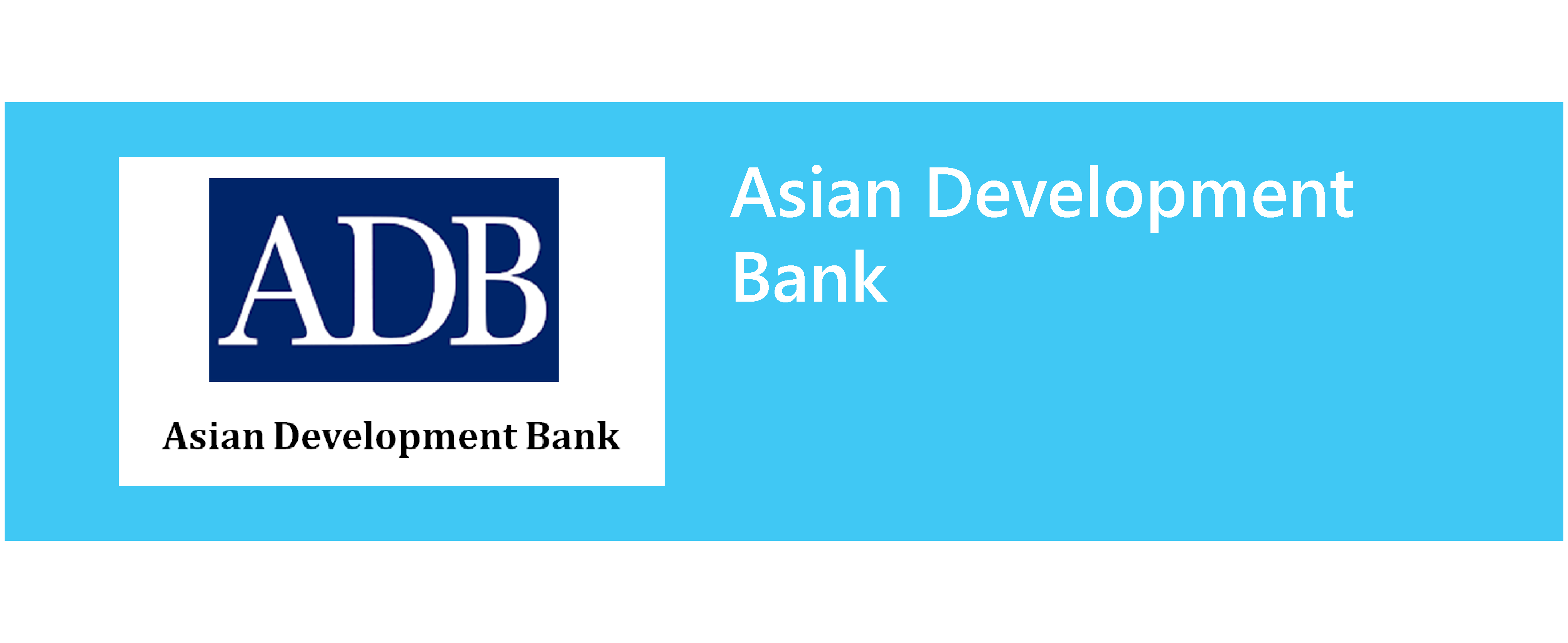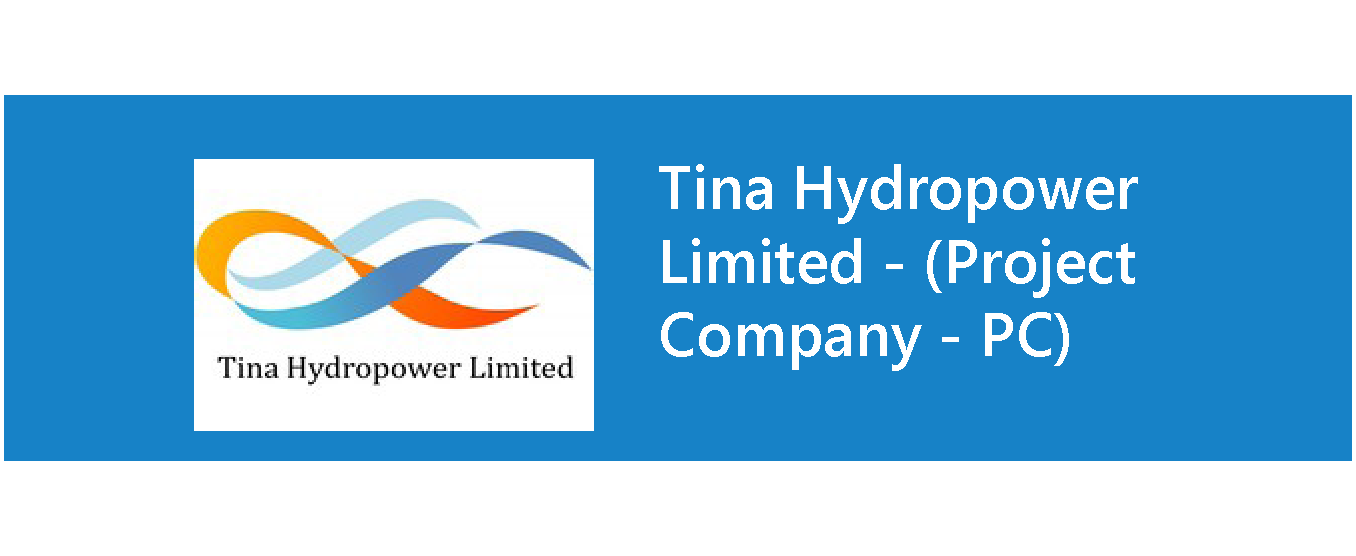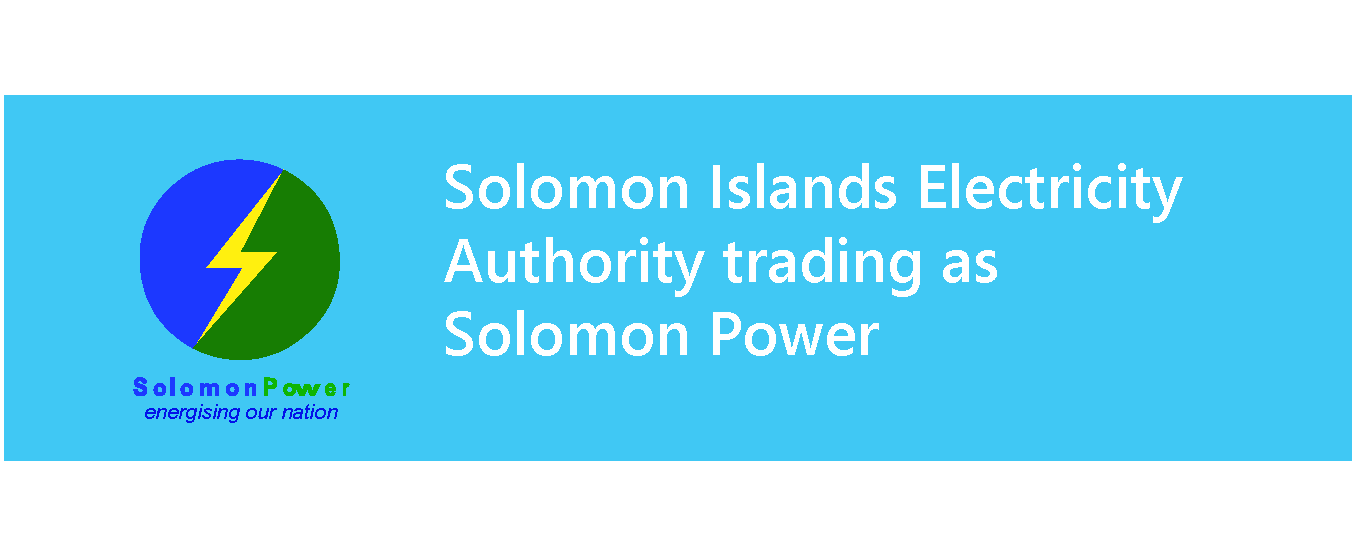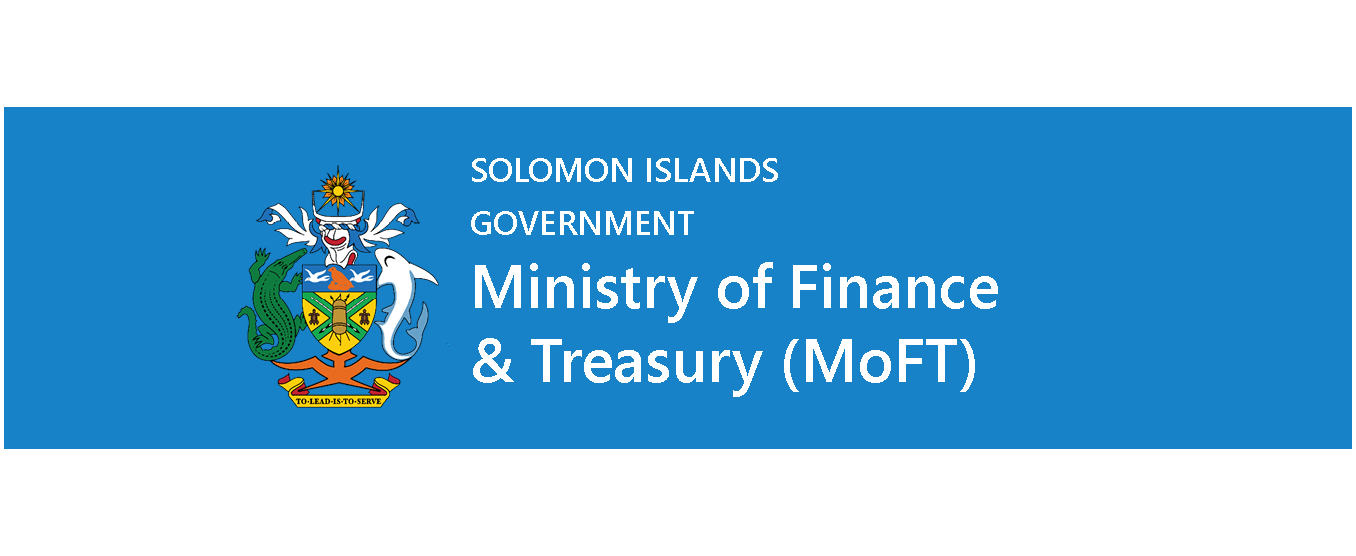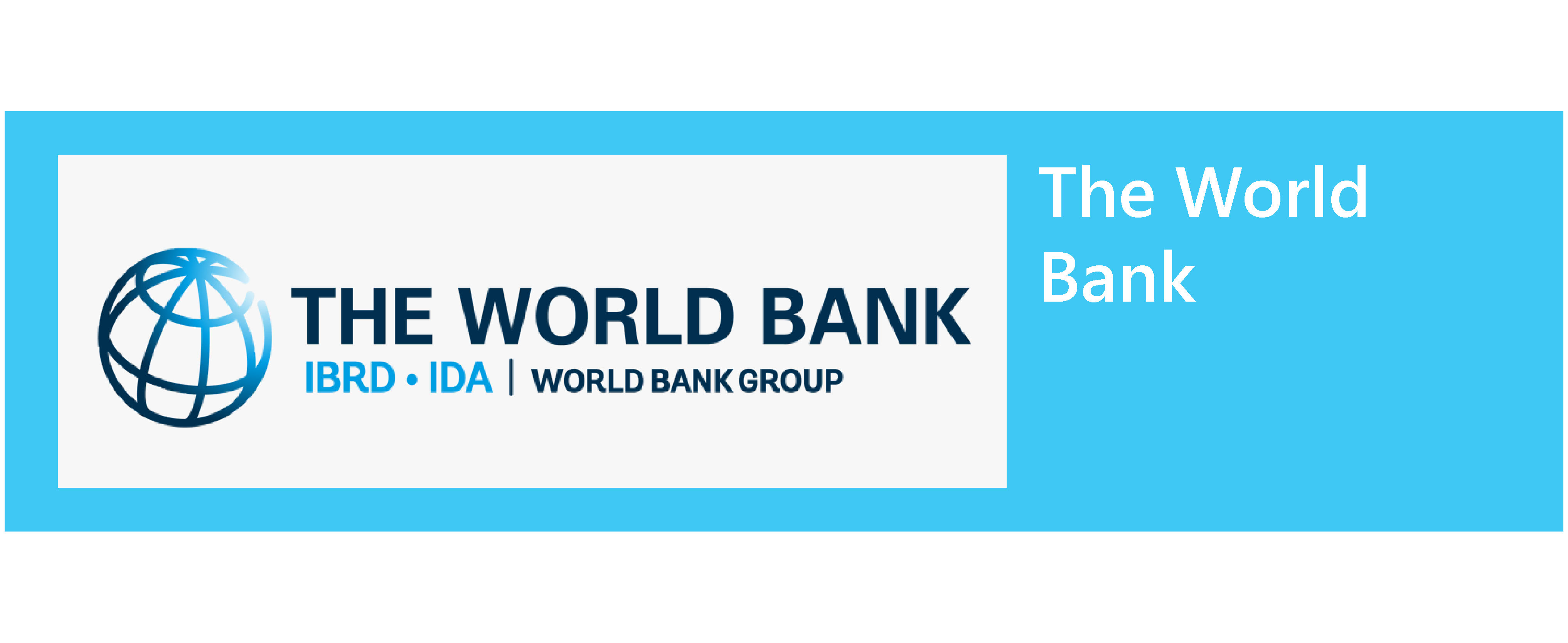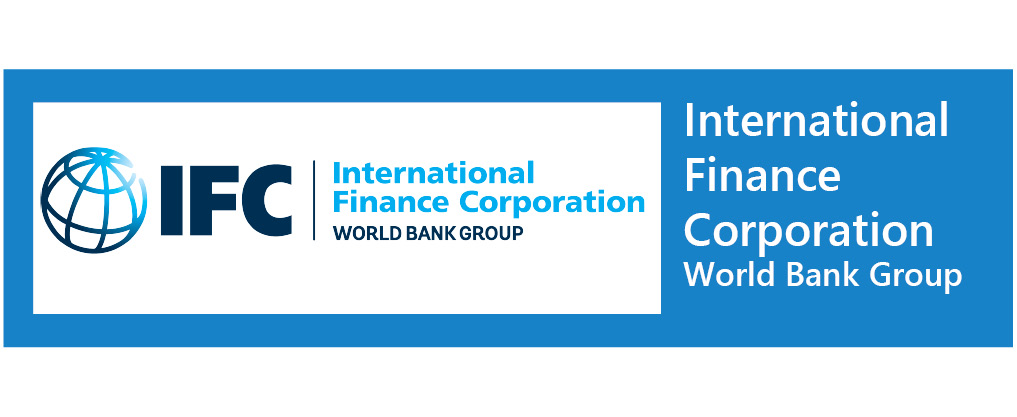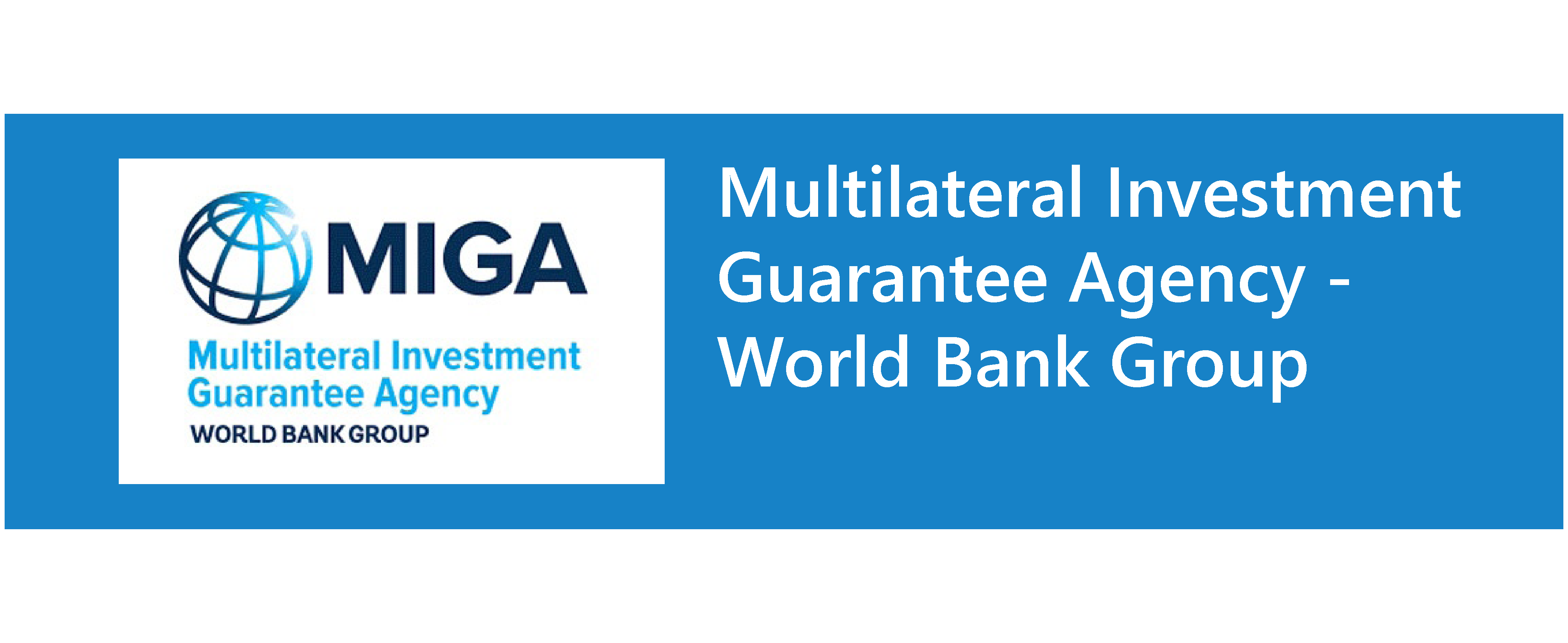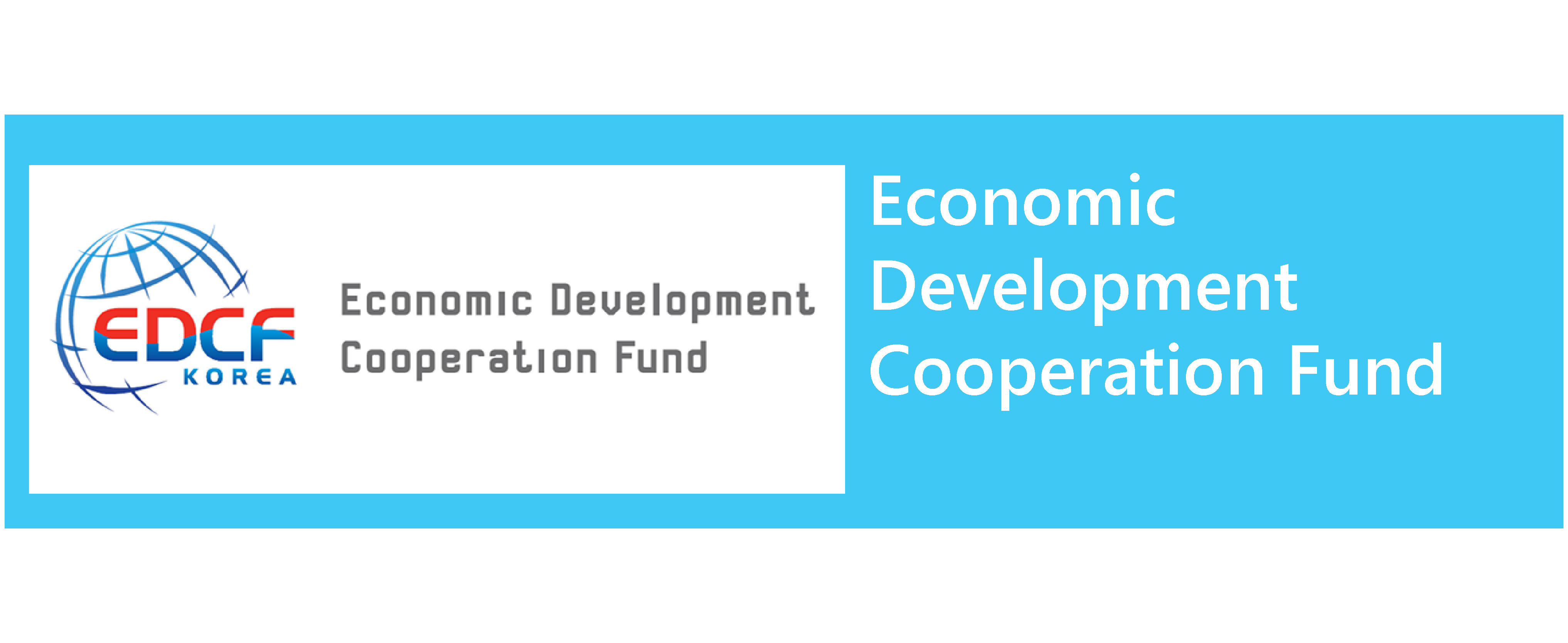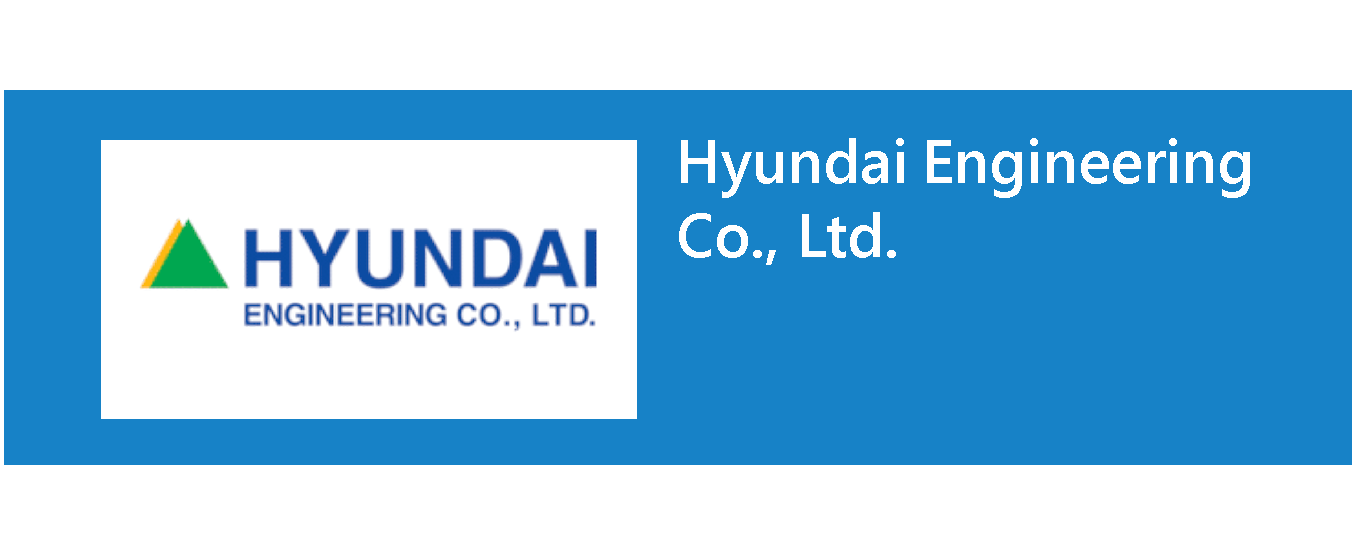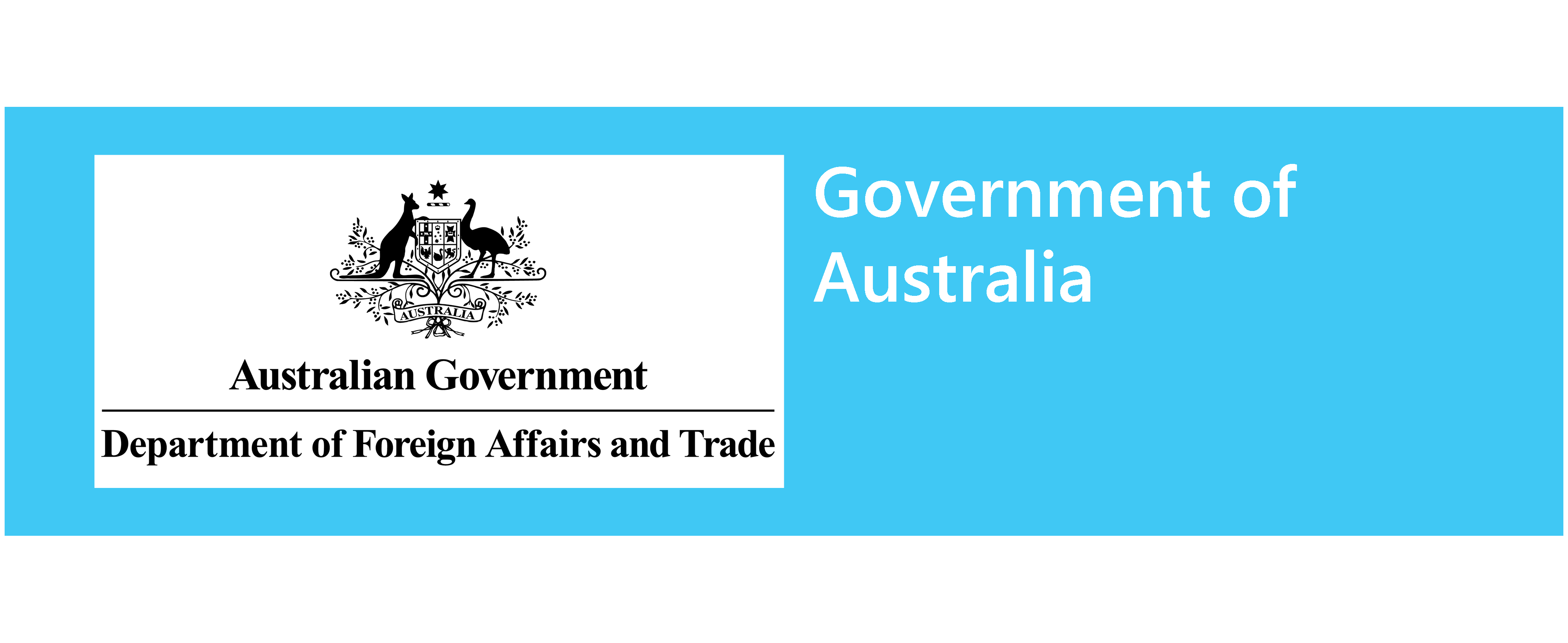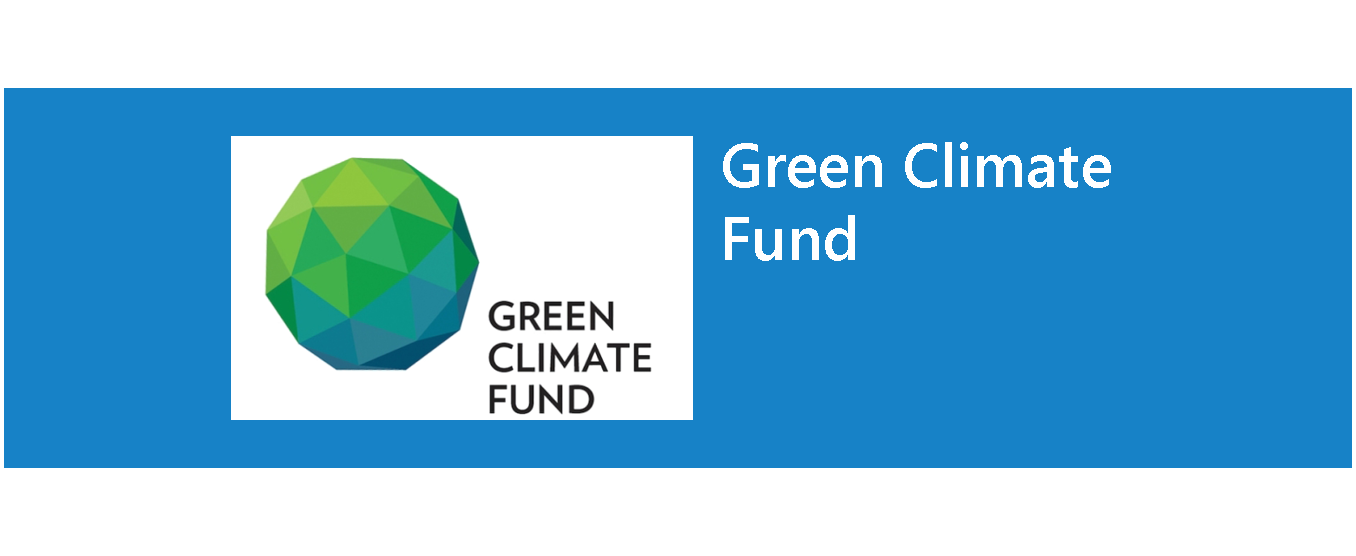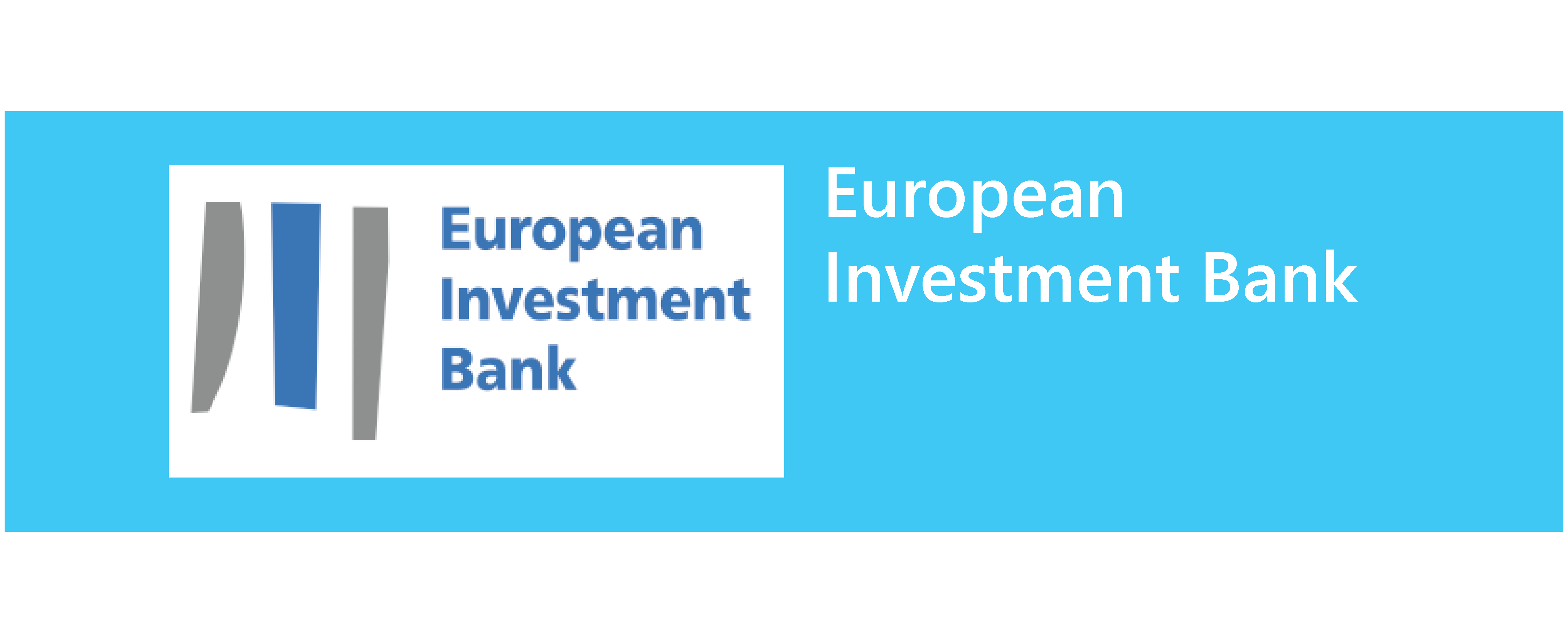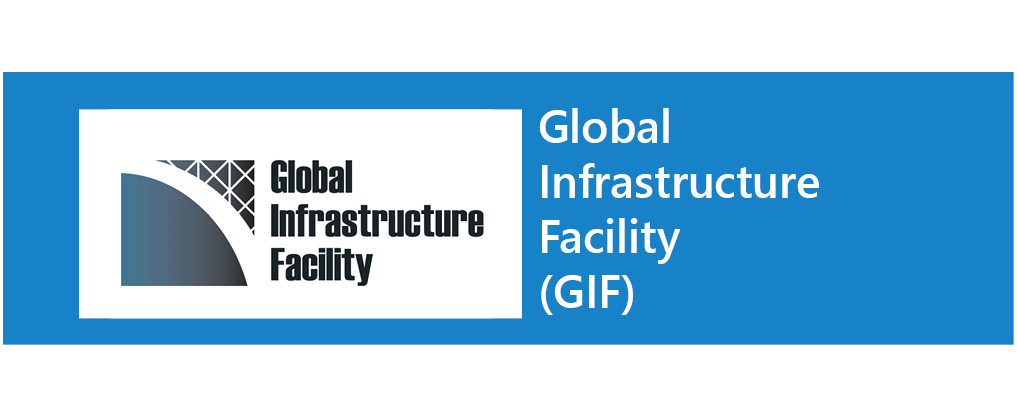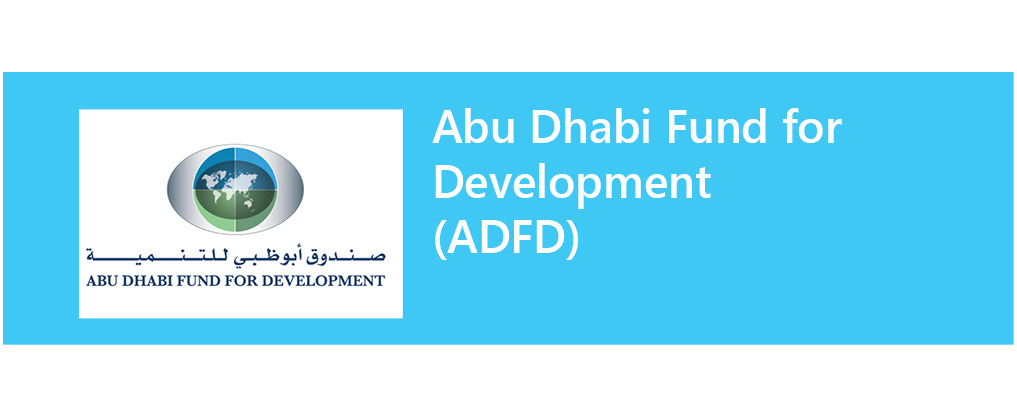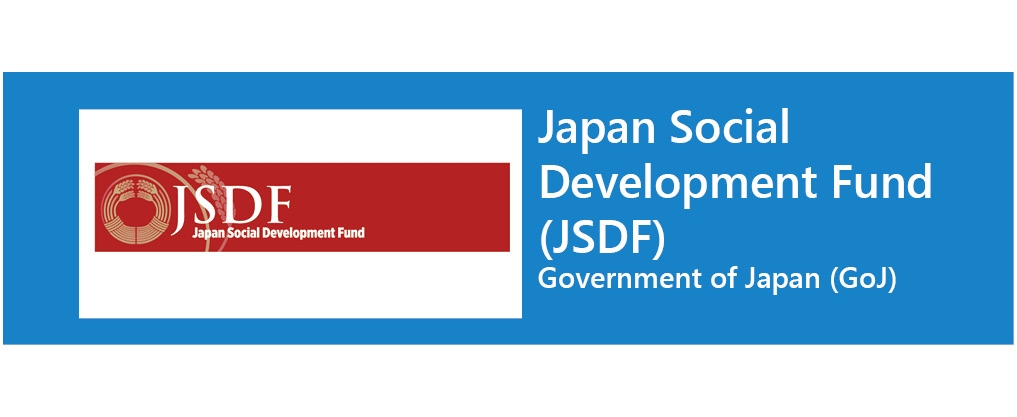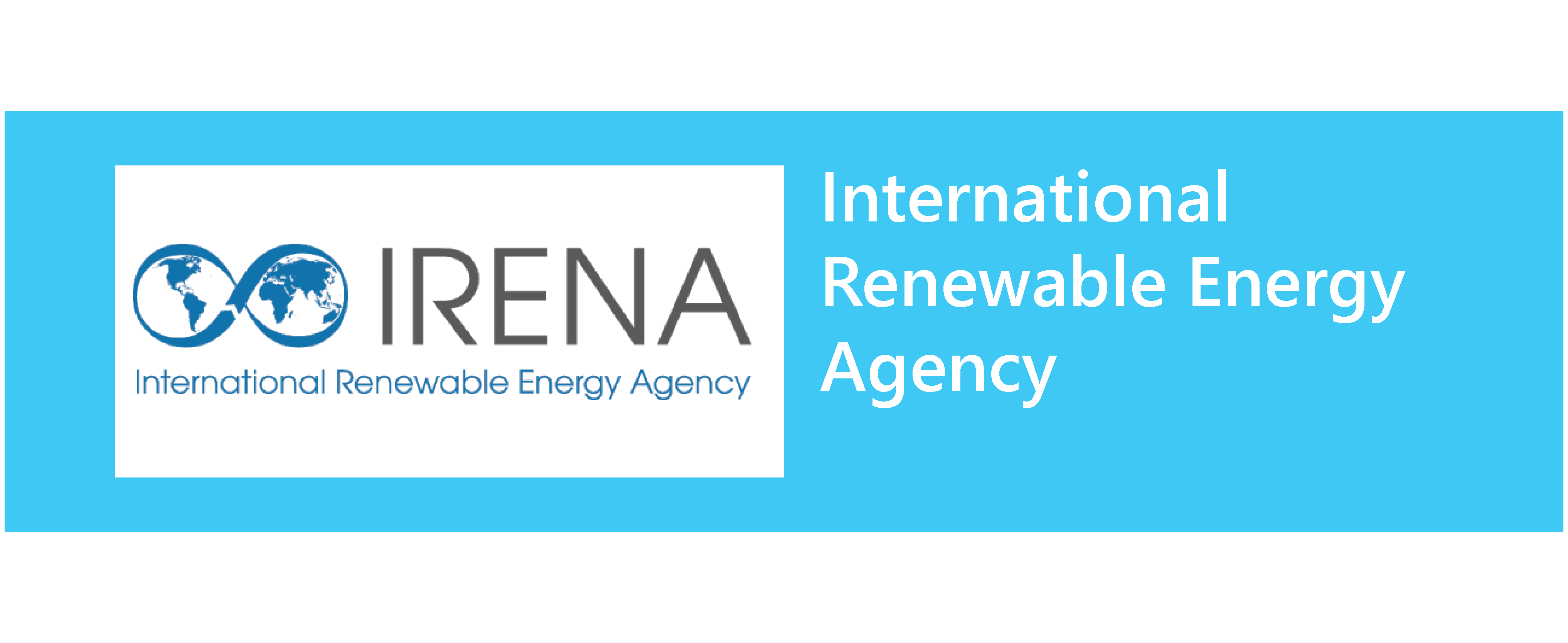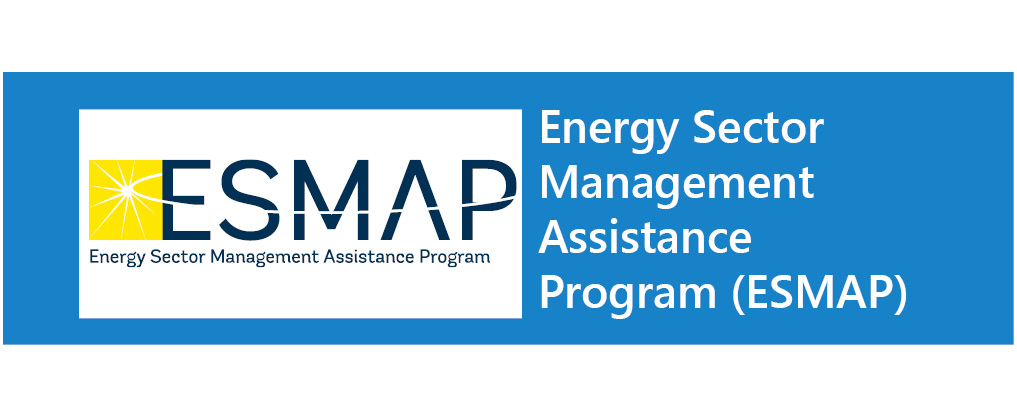Project Institutional and Implementation Arrangements
The Tina River Hydro Power Development Project is supported by a number of partners from around the world. They all play crucial roles; from donors to construction partners, lenders to technical advisors, to help deliver the project objectives - more affordable and cleaner electricity to the people of the Solomon Islands.
Key stakeholders of the Project and their brief responsibilities area as follows in no particular order:
The PC will develop Component 1 – HPF on a build-own-operate-transfer (BOOT) basis under a 34-year PPA including a 4-year construction period. The PC will be established by the private sponsors (K-water and HEC) and ICSI under a Shareholders Agreement. The PC will contract an engineering-procurement-construction (EPC) contractor to construct the HPF. The PC will contract an operation and maintenance (O&M) contractor for the operation of the HPF during the 30-year operation period. Upon completion of the PPA, the private sponsors’ shares and full ownership of the HPF asset will be transferred to SIG.
Solomon Islands Electricity Authority (SIEA). SIEA, trading as “Solomon Power” is the state-owned vertically-integrated power utility. As the Off-taker, it will purchase electricity from the PC through a Power Purchase Agreement (PPA). It will also enter into a subsidiary financing agreement with MOFT to receive a portion of the International Development Association (IDA) financing proceeds for the implementation of Component 3. SIEA will also enter into a project agreement with IDA.
MoFT represents SIG as the recipient of concessional financing for the TRHDP. MOFT will pass a portion of the proceeds on to the Project Company (PC) for the implementation of Component 1 and 2. It will pass pass on a portion of the proceeds to the Solomon Islands Electricity Authority (SIEA) for Component 3 and pass on proceeds to MMERE for Component 4. On behalf of SIG, MOFT will enter into the Government Guarantee Agreement with the PC, and jointly with MMERE enter into the Implementation Agreement with the PC.
World Bank. The Bank has been supporting SIG to prepare the Project and will provide US$33.6 million Credit and Grant from its IDA17 resources to SIG towards (i) SIG’s equity share in, and debt financing for, the PC under Component 1, (ii) the construction of Component 3 Transmission Line, and (iii) activities under Component 4 TA. The Bank will enter into a financing agreement with MOFT and project agreements, respectively, with the PC and SIEA. The Bank will also administer financing from the GoA and the GCF.
The International Finance Corporation (IFC) is an international financial institution that offers investment, advisory, and asset management services to encourage private sector development in developing countries. The IFC is a member of the World Bank Group and is headquartered in Washington D.C., United States. It was established in 1956 as the private sector arm of the World Bank group to advance economic development by investing in strictly for-profit and commercial projects that purport to reduce poverty and promote development.
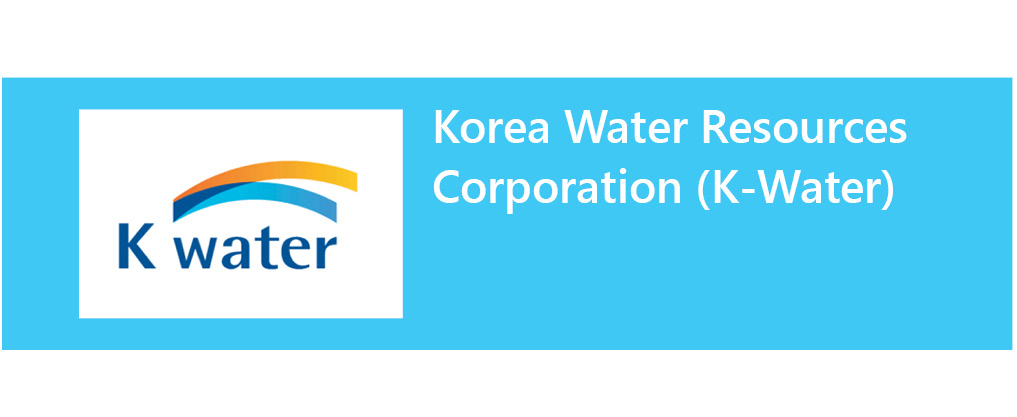
Korea Water Resources Corporation (K-water). K-water is the selected private sponsor (in consortium with HEC) of Components 1 and 2. Asa the main project sponsor, and shareholder in the PC with management control, K-water will lead the PC and ensure that it is managed effectively and all of its contractual obligations are fully met. K-water will, therefore, be responsible for building and operating the HPF, and ensuring that the EPC contractor effectively executes its contract. K-water is the preferred O&M contractor.
Government of Australia (GoA). GoA, through a trust fund administered by the Bank governed by the Trust Fund Agreement between the Bank and GoA, will provide grant funds to SIG for the construction of Component 2 Access Road and Component 4 TA. Financing was approved in April 2017 and it is expected that an initial tranche of financing will be transferred to the APIP Trust Fund for this purpose by June 30, 2017.
The European Investment Bank (EIB) is the European Union’s nonprofit long-term lending institution established in 1958 under the Treaty of Rome. As a “policy-driven bank” whose shareholders are the member states of the EU, the EIB uses its financing operations to bring about European integration and social cohesion.
GIF is one of the supporting bodies that has provided critical funding and support for the preparation phase of Tina River Hydropower Project, supporting the implementing bodies and the National Government of Solomon Islands. GIF serves as a body that was designed to provide a new way to collaborate on preparing, structuring, and implementing complex projects that no single institution could handle on its own.
ADFD is a financier of the Tina River Hydropower Project contributing USD $15M towards construction of the 15MW dam. ADFD as a financial institution is known for its work in helping developing countries achieve sustainable socio-economic growth, through financial assistance in the forms of concessionary loans, managing government grants and equities.
The Japan Social Development Fund (JSDF) is a Partnership between the Government of Japan (GoJ) and the World Bank . The Tina River Hydropower ‘Community Benefit Sharing Project (CBSP)’ is funded by the JSDF. The CBSP is an initiative aimed at maximizing the project benefits for communities in the project catchment area.
The International Renewable Energy Agency (IRENA) is an intergovernmental organisation that supports countries in their transition to a sustainable energy future, and serves as the principal platform for international cooperation, a centre of excellence, and a repository of policy, technology, resource and financial knowledge on renewable energy. IRENA promotes the widespread adoption and sustainable use of all forms of renewable energy, including bioenergy, geothermal, hydropower, ocean, solar and wind energy in the pursuit of sustainable development, energy access, energy security and low-carbon economic growth and prosperity. IRENA and the Abu Dhabi Fund for Development (ADFD) have collaborated to create a joint Project Facility to finance transformative and replicable renewable energy projects in developing countries.
The Energy Sector Management and Assistance Program is one of the bodies that provided funding and support in the preparation phase of Tina River Hydropower Project. ESMAP is a partnership between the World Bank and 18 partners to help low and middle-income countries reduce poverty and boost growth through sustainable energy solutions.
